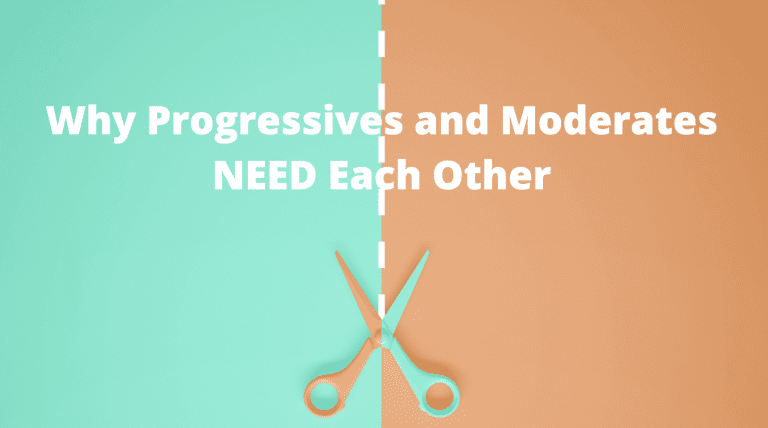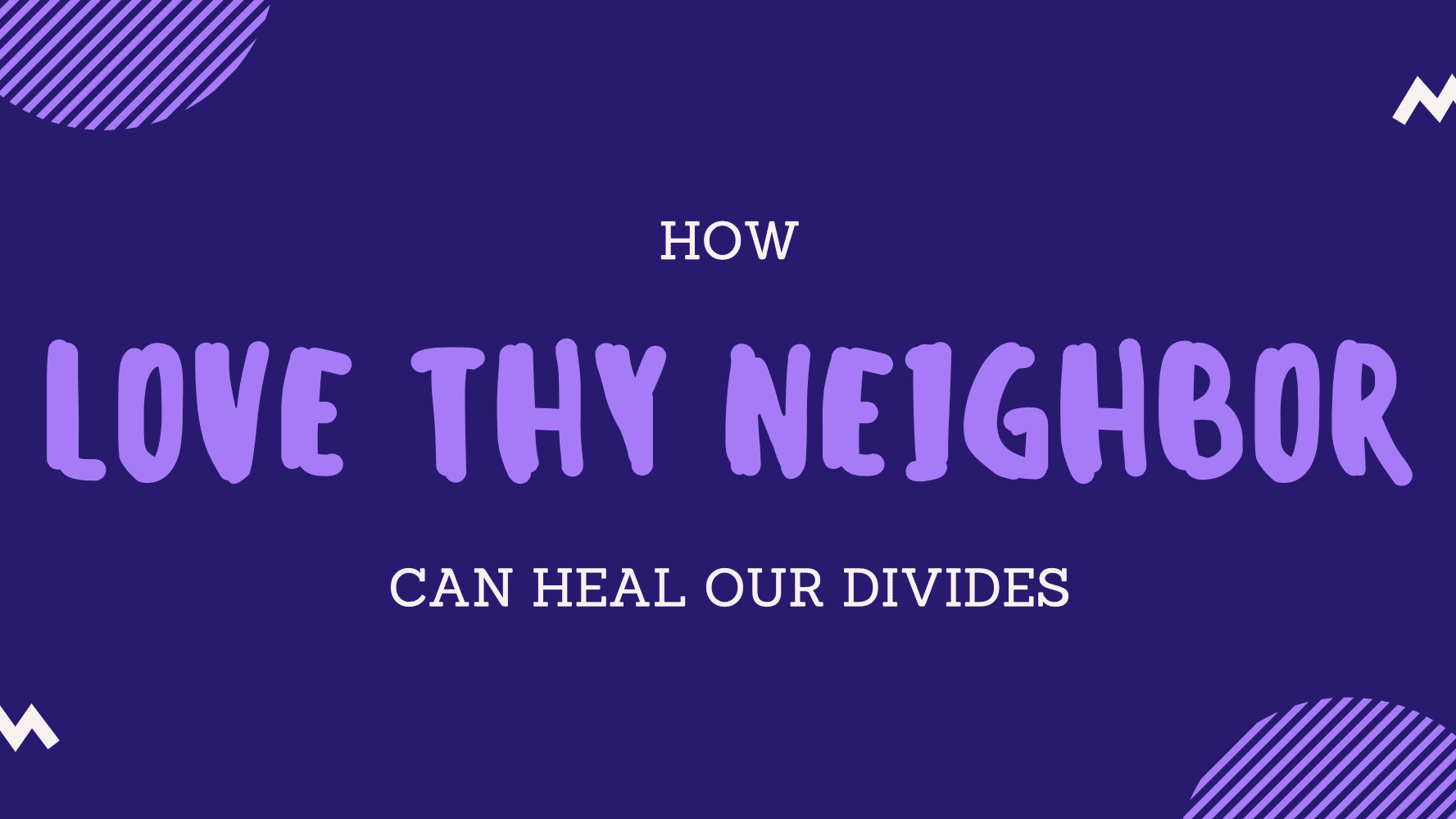When I became a Christian at the age of twelve, I was quickly informed that I was a “fundamentalist” and we were the “true” Christians who  stuck to the fundamentals of the Christian faith. For the next six years I would wear the title with a sense of pride. I was a fundamentalist- yes, a bible thumping, street preaching, republican voting (even though I couldn’t vote…) fundamentalist, just like Jesus. After six years of hardcore devotion to fundamentalism, I was forced to leave my community of faith because I had become a cause of discomfort to the pastor and many others. (I began asking theological questions about Calvinism which they considered heretical- amidst a number of other issues) After departing from my fundamentalist community, I ended up in a large evangelical mega-church and was informed that I was now an “evangelical.” At first, I was very apprehensive about adopting this new label, but as I began to see that many of the people I had come to admire as a fundamentalist seemed to use “evangelicalism” interchangeably with “fundamentalism”, I happily adopted this sleek new label. Thus began my journey of faith into evangelicalism.
stuck to the fundamentals of the Christian faith. For the next six years I would wear the title with a sense of pride. I was a fundamentalist- yes, a bible thumping, street preaching, republican voting (even though I couldn’t vote…) fundamentalist, just like Jesus. After six years of hardcore devotion to fundamentalism, I was forced to leave my community of faith because I had become a cause of discomfort to the pastor and many others. (I began asking theological questions about Calvinism which they considered heretical- amidst a number of other issues) After departing from my fundamentalist community, I ended up in a large evangelical mega-church and was informed that I was now an “evangelical.” At first, I was very apprehensive about adopting this new label, but as I began to see that many of the people I had come to admire as a fundamentalist seemed to use “evangelicalism” interchangeably with “fundamentalism”, I happily adopted this sleek new label. Thus began my journey of faith into evangelicalism.
Fast forward six years. I have just graduated from one of the leading evangelical Bible Colleges and have attended and been on staff at a number of evangelical churches yet over the last few years, Yet, I have grown increasingly uncomfortable with the once cherished label evangelical. As I have grown intellectually and spiritually, I have moved further and further away from my fundamentalist roots. I have adopted progressive theological, political, and social views on many issues and find that many of my evangelical peers are landing in the same place as I am. We’re all really uncomfortable with evangelicalism as we know it. Not because we don’t value, love, or resonate with our tradition, but because the tradition has come to represent a brand of faith that seems more about FOX News than it does the Good News of Jesus.
Recently a number of books have been released documenting the history of the evangelical movement as well as the birth of a new kind of evangelicalism among millennials. As someone who loves and is committed to my tradition (despite its lack of comfort with me), I have become fascinated with learning the history and development of the modern evangelical movement. As I have dug deeper into our history and development, I have been more encouraged and inspired to reclaim the label evangelical which seems to have come to represent an ideology radically different than the one it was created for.
The modern evangelical movement was founded in the early 1900’s by men like Carl Henry, Harold Ockenga, and Billy Graham who sought to develop a middle-way Protestant faith that was distinctly different from the fundamentalism that had risen as a reaction to Modernism and the enlightenment thinking that was beginning to dominate the American mind. As Wendy Zoba puts it, “One branch of Bible believers-evangelicals-wanted to engage the culture, while the other branch-fundamentalists-moved away from it, sometimes belligerently.” Evangelicalism was created to be a branch of conservative Christianity that engaged culture well and was committed to learning and adapting the way faith was lived out in light of the modern developments in history, science, and just about every other field of study.
But fairly early on, it became clear that the label of “fundamentalist” had become a hindrance to the cause of many fundamentalist leaders. So naturally, they turned to the new movement- evangelicalism- that was gaining traction and was viewed positively by the general public. The first group to hijack the term seems to be Southern Baptists who sought to make evangelicalism theologically synonymous with fundamentalism. Because of the amount of power and visibility the fundamentalist movement had gained, it was easy for them to re-brand under this new label and they quickly began to be recognized publicly as “evangelicals.” A few decades later, the movement was hijacked (or given over to) by the Moral Majority and political leaders like Pat Robertson and Jerry Fallwell who used evangelical synonymously with “republican.” Soon, republican ideals became known as “evangelical” ideals and the movement gained traction in both political and southern religious communities. Then in the early 90’s, the movement was hijacked by what is now the modern manifestation of evangelicalism- the neo-reformed movement with leaders such as D.A. Carson, Kevin DeYoung, Matt Chandler, and John Piper. These leaders made the movement a lot more palatable, offering a more intellectualized and refined brand of theology than their fundamentalist predecessors. The neo-reformed movement has dominated evangelicalism for the past 20 years but is slowly beginning to lose traction as the movement continues to revert to an increasingly fundamentalistic posture. (Please understand that these three examples are very broad sweeps that cover decades of time in between each one. They do not nearly represent the complexity and contours that exist in the development of evangelicalism.) Every major “hijacking” of the movement built on the last one. So today, evangelicalism has become synonymous with right-wing, fundamentalist, and reformed theology and ideology. Even though none of those movements accurately represent the vision that the earliest founders of evangelicalism had in mind.
As I have discovered the history of evangelicalism and studied what people like Carl Henry envisioned when they launched this new movement, I have become more and more convinced that there is good reason for millennial evangelicals to fight to reform our tradition. I resonate deeply with the vision of the earliest founders of the tradition and find the modern manifestation of the movement to be incredibly un-evangelical. The organizations that represent the evangelical brand- The Gospel Coalition, National Association of Evangelicals, The Alliance of Confessing Evangelicals- are far more fundamentalist than they are evangelical. They don’t represent the heritage or vision of the movement well. They have added theology and politics on to the movement that simply do not belong there. For instance, based on the earliest vision for the movement, one does not have to be reformed to be an evangelical. One does not have to be pro-life, anti-gay marriage, or republican to be evangelical. One does not have to believe in a literal six-day creation to be an evangelical. One does not even have to believe in the inerrancy of the Bible to be an evangelical Christian. (Even though Henry and Graham both affirmed the doctrine!)
To the contrary, based on the early vision for evangelicalism developed by Carl Henry, it seems that true evangelicalism is more closely aligned with the work of organizations like Sojourners, The BioLogos Foundation, Red Letter Christians, and Evangelicals for Social Action than with The Gospel Coalition, Answers In Genesis, or Focus On the Family. Why? Because the evangelicalism that Henry and his peers envisioned was a movement of bible-believing Christians who engaged honestly with academia. Who weren’t afraid to rethink theology based on new scientific and historical findings. Who were engaged in social justice as a primary means of proclaiming the Gospel to our world. Who represented a Christian faith that wasn’t at war with culture but could flourish within our every changing culture. No, they weren’t liberals or even “progressives.” But they certainly were not fundamentalists either. They represented a true middle ground. A third way that truly embodied being “in the world but not of the world.” In fact, based on Henry’s vision of what evangelicalism was to be, it seems that Pope Francis would more accurately be described as an evangelical than Jerry Fallwell or John Piper.
Since evangelicalisms founding, there have always been those who have remained faithful to the original vision. There has always been a strand of evangelicals committed to embodying the good news of Jesus through word and deed to their world. There have always been evangelicals who were committed to rethinking different aspects of their faith in light of modern scholarship. There have always been those who truly walked the middle ground between fundamentalism and liberalism. But far too often they have been drowned out by those who have hijacked the movement for their own interests. In our day there is great momentum building as a new generation of evangelicals are rising up and reclaiming our tradition. We desire to be a people of Good News to our world. We’re tired of the conservative politics and anti-intellectualism that has dominated the churches that we have grown up in. We want to be a people that represent Jesus Christ faithfully to an ever evolving world. And who are those who are representing this emerging renewal movement among evangelicalism? Simply look at those whom the current evangelical leadership is desperately trying to marginalize- the Rachel Held Evans’, the Matthew Vines’, the Jonathan Merritt’s, the Josh Dubois’, the Ben Corey’s, and the Shane Claiborne’s. These are the types of voices that are recapturing the true spirit of evangelicalism. These are the voices that inspire me to press deeper into my evangelical faith and commit to it for the long haul. Because if the future of our tradition is in these hands- hands that are committed to the Bible, to renewal, to justice, to proclaiming the Gospel of Jesus- then I am very confident that our best days are still ahead of us.
Are you with me?
Recommended Reading:
“Apostles of Reason: The Crisis of Authority in American Evangelicalism” by Molly Worthen
“The Age of Evangelicalism: America’s Born-Again Years” by Steven Miller
“The Evangelicals You Don’t Know: Introducing the Next Generation of Christians” by Tom Krattenmaker
“Power, Politics, and the Fragmentation of Evangelicalism” by Kenneth Collins
“The Uneasy Conscience of Modern Fundamentalism” by Carl F. Henry
“The Scandal of the Evangelical Mind” by Mark Noll
“The Real Scandal of the Evangelical Mind” by Carl Trueman
“A Plea for Evangelical Demonstration” by Carl F. Henry
“The Deeper Scandal of the Evangelical Mind” by Peter Enns











